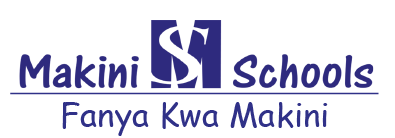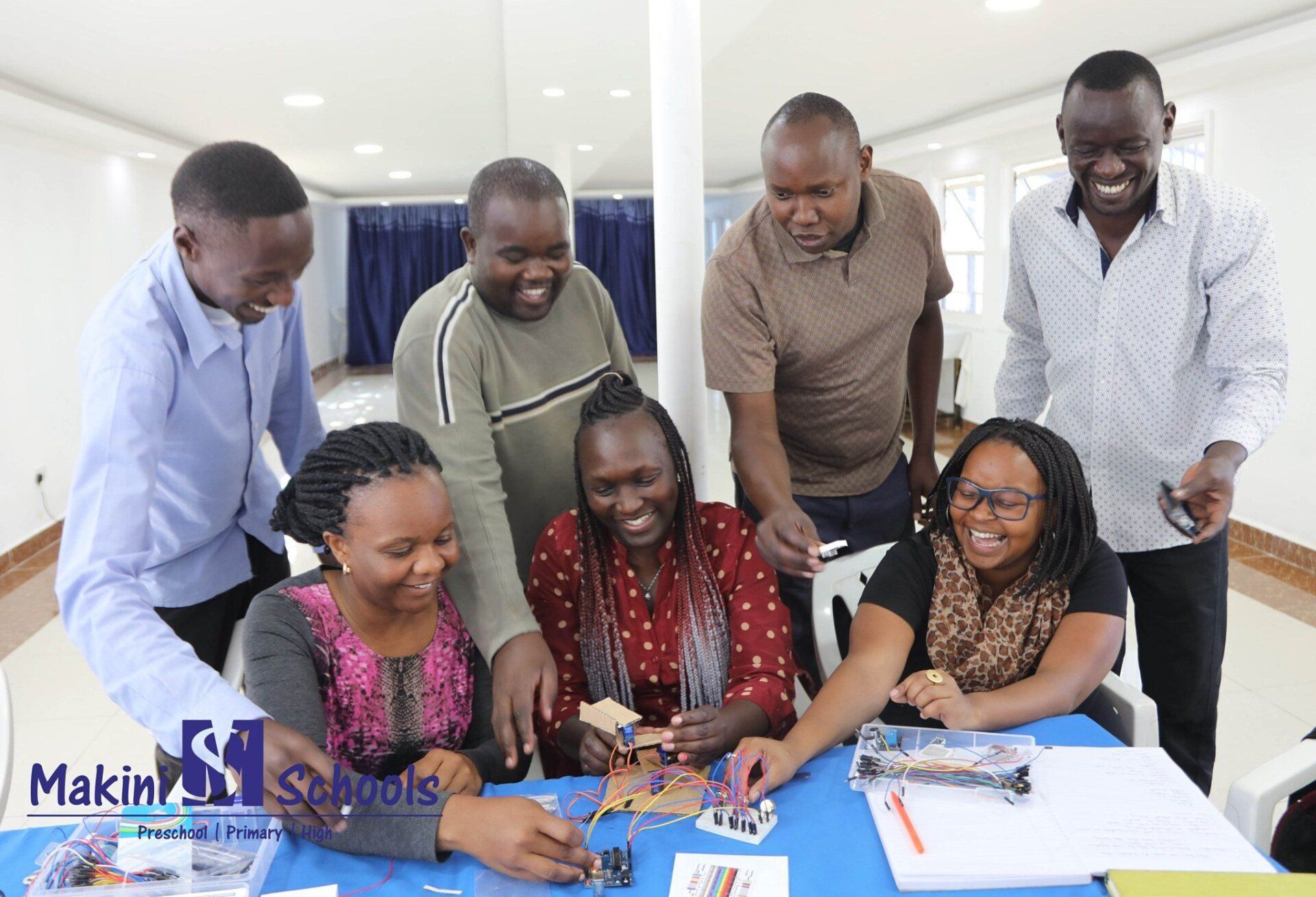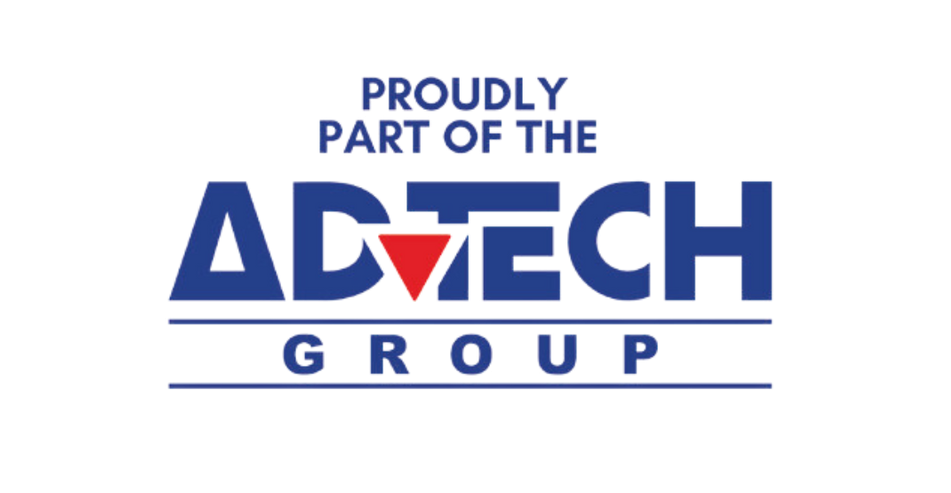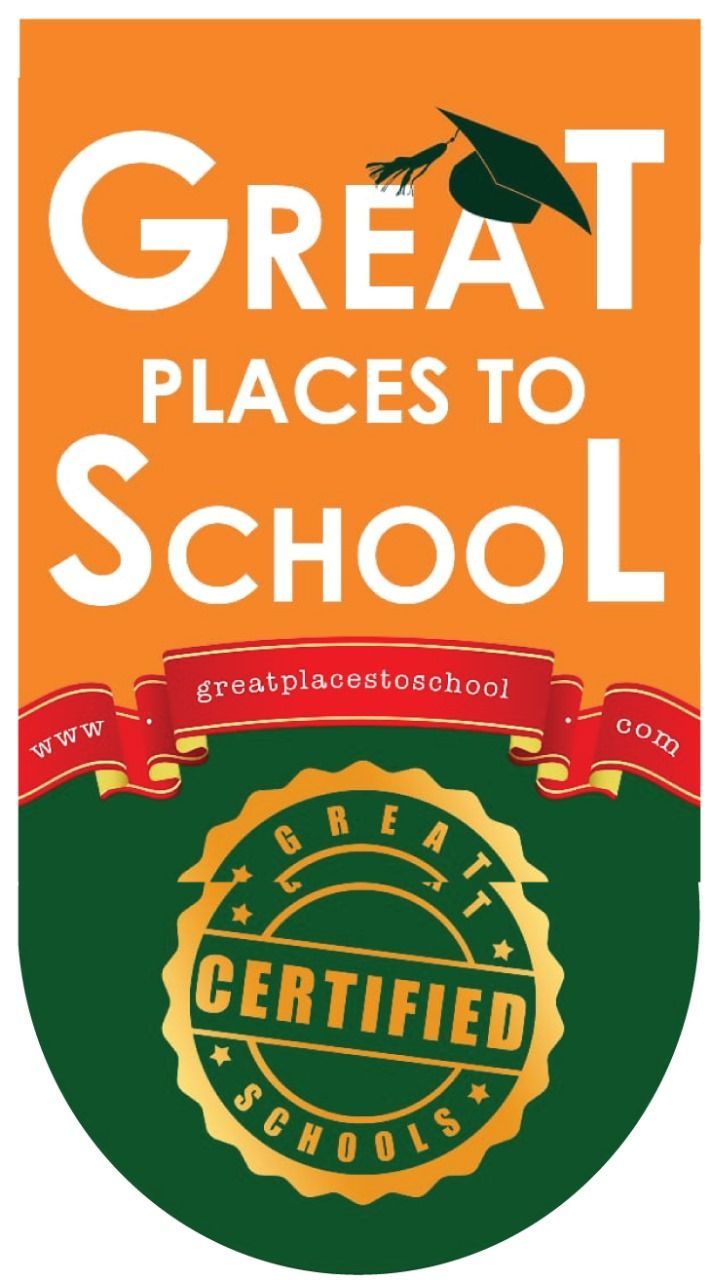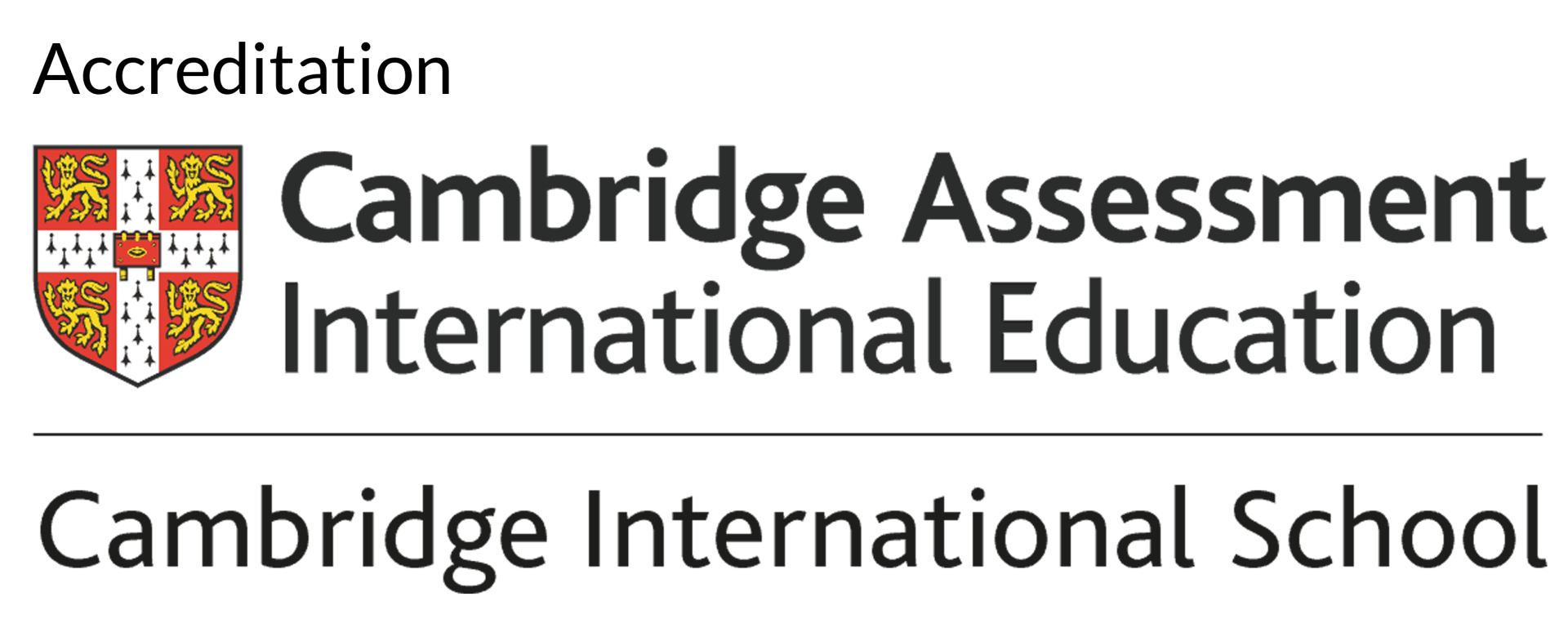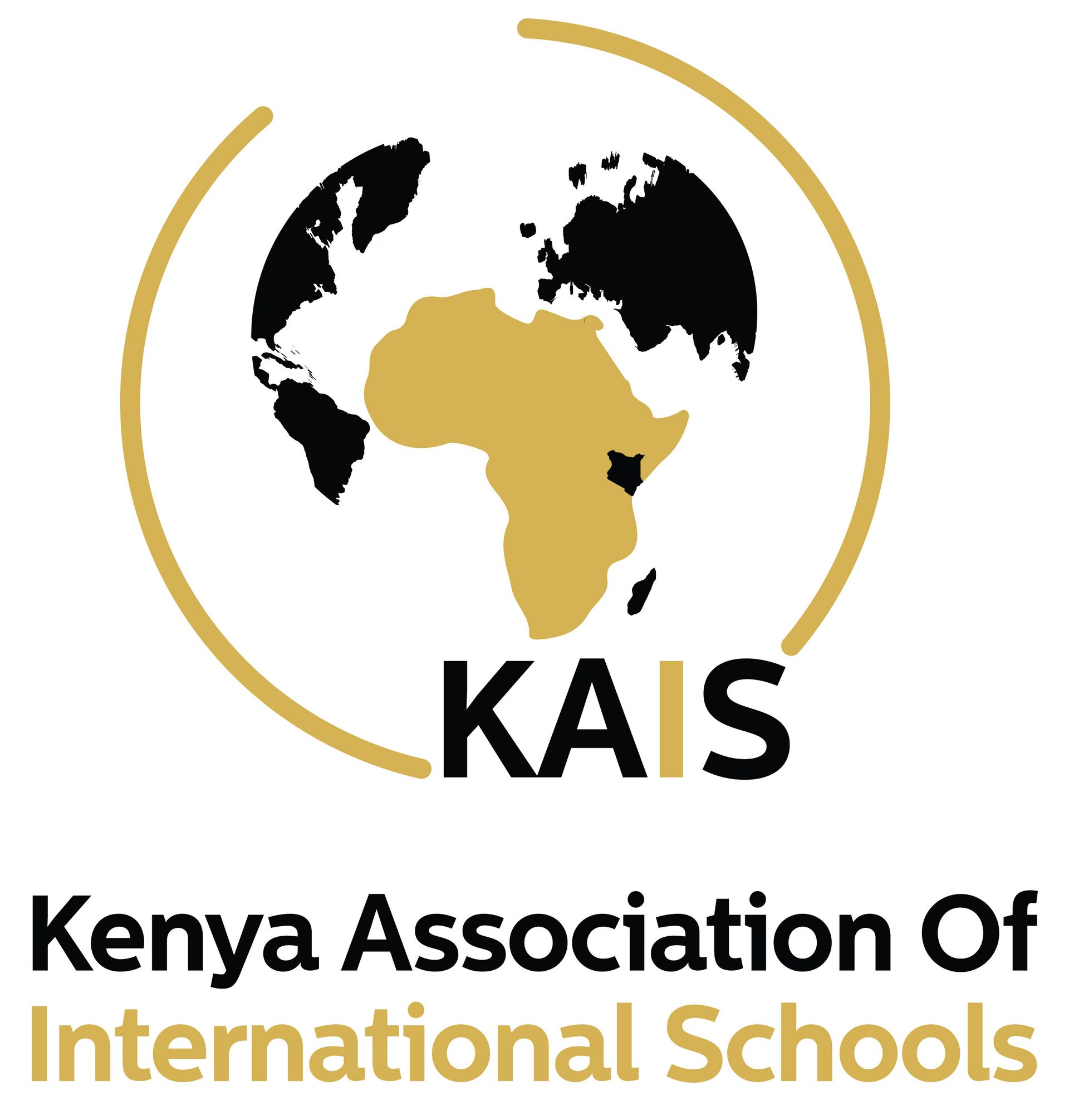CBC vs. Cambridge Curriculum: An In-depth Comparison for Parents
A child’s education significantly impacts their future prospects and success. That’s why selecting the right curriculum for your child is a crucial decision. Makini School merges two types of curricula namely the Cambridge curriculum and the Competency-Based Curriculum (CBC). This approach provides diverse educational options that meet the unique needs of every child. It also empowers parents to make informed decisions based on their child’s style of learning, future goals and academic preferences.
What are the key differences between the two frameworks?
The Cambridge curriculum is an internationally recognised system. It is renowned for its rigorous academic standards and alignment with international benchmarks. This system follows a structured, content-focused approach that enforces in-depth subject knowledge, academic precision and prepares students for predefined assessments. This curriculum provides a structured pathway and offers teachers less flexibility to tailor their teaching to diverse learning styles.
The Competency-Based Curriculum prepares learners with relevant skills and knowledge to help them prosper. It focuses on real-world applications, critical thinking, problem-solving, and holistic development. This more personalised learning approach encourages students to progress at their own pace. Assessments in the CBC focuses on the continuous evaluation of students’ competencies and skills. Projects, portfolios and practical demonstrations are used to gauge a student’s progress and understanding. While the CBC is slowly gaining recognition in certain regions, its global acceptance is still evolving.
What are the pros and cons of the Cambridge curriculum?
Each curriculum has its positives as well as its limitations. Let’s take a look at the pros and cons of the Cambridge curriculum.
Pros:
- Internationally recognised qualifications that open doors to prestigious universities and career choices.
- It is a structured pathway with clear progress routes all the way from primary to secondary school and beyond.
- It offers a broad range of subjects and structured assessments.
- It also provides a comprehensive support system for teachers which includes training, resources and assessment tools.
Cons:
- Can be perceived as rigid with limited flexibility for teachers and students.
- Academic achievement is emphasised through exams and can potentially overshadow other areas of holistic development.
- Examination costs and resources may pose a barrier for some schools and parents.
What are the pros and cons of the Competency-Based Curriculum?
Let’s take a look at some of the positive and negative aspects of the Competency-Based Curriculum.
Pros:
- It emphasises practical skills and competencies for real-world success.
- A more personalised experience allows students to progress at their own pace.
- Fosters creativity, critical thinking, problem-solving, and innovation due to its experiential approach.
Cons:
- There is limited global recognition compared to the Cambridge curriculum.
- For some students, the lack of structure can be challenging and unsuitable.
- This framework doesn’t take different learning styles into account.
- It requires strong teacher training and support for effective implementation.
Read our full article on understanding the CPC.
What are the factors to consider when choosing between the CBC and the Cambridge curriculum?
When choosing the best curriculum for your child, it is of the utmost importance to truly understand their learning style. With that, knowing what their strengths, weaknesses, and preferences are will also be beneficial. You will also need to consider the way they learn. Do they prefer a structured environment or would they flourish in one that is more flexible?
The next important aspect to look at is your child’s goals for the future. What do they aspire to? What does their future education or career choices look like? Once you have a better understanding of the above, you can do a thorough curriculum comparison to see which curriculum aligns better with providing the appropriate qualifications or certifications needed.
For optimal results, Makini School offers both the Competency-Based Curriculum as well as the Cambridge Curriculum. This ensures that our students receive a holistic and well-rounded education no matter their style or learning capabilities.
As one of the leading schools in Kenya, we are committed to academic success and the future prospects of our students. To ensure that your child is on the right path, we are always available to discuss their progress and goals. By talking to our teachers, you can get invaluable insight into your child’s competencies and learning style. By working together with you, we can unlock their potential, nurture their strengths, stimulate their curiosity, and equip them for the ever-changing world we live in.
Get in touch with us today and book a date for your child to come and spend a day with us. They will get to interact with other learners and teachers, they can play and enjoy the incredible facilities on offer. They can also tuck into the delicious and healthy menu available. Book a date today.
